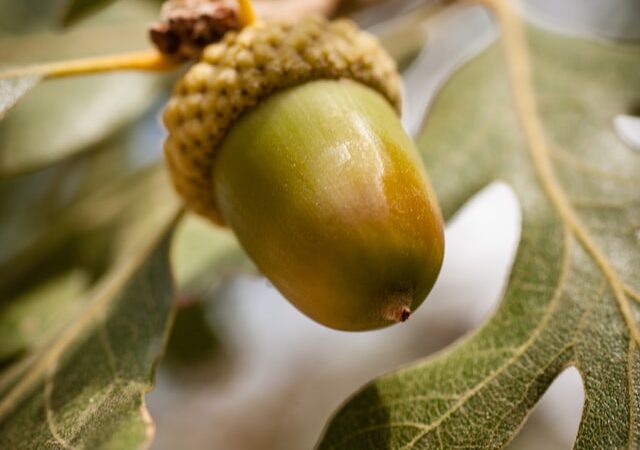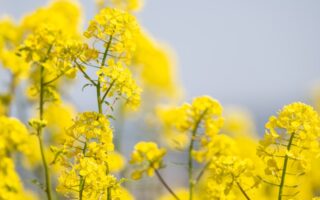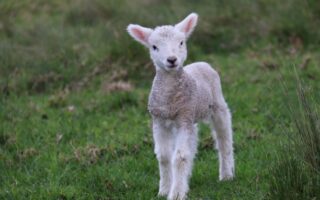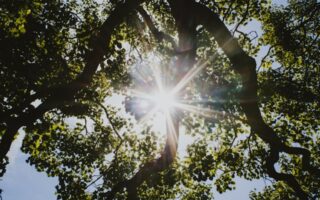Last week my daughter Molly came to Ligonier to visit with her sister Rebecca. I had to work that day, but decided to take my lunch hour in Ligonier at Rebecca’s house so I could visit with my daughters and grandchildren. When I came into the house my three-and-a-half-year-old granddaughter Rosie said, “Grandma, let me get you a Diet Coke!” Everyone who knows me, knows I drink far too much Diet Coke. Rosie already knows it! I couldn’t help but smile at the cuteness of her hospitality springing from her adorable, welcoming personality. Her act of welcoming stayed with me all week because not only was it a moment of refreshing warmth, it was a moment that pointed to the future of my unfolding loving relationship with an ever-maturing Rosie.
As I thought about Rosie’s hospitality, I remembered a breakthrough small gesture each of my children made at one time or another when they were infants. Like all mothers, I remember the sleep deprived stupor of reaching for and picking up crying babies in the middle of the night, night after night, loving each baby, but at the same time feeling the drain of my love poured out on a small, helpless life unable to communicate in any meaningful way. Then with each baby came one magical night when after calming them down, I felt a tiny hand patting me on the back of my shoulder. That small gesture of care, that small, gentle tap on my shoulder opened up a new world for me. It was a window into a future filled with unfolding, reciprocal lifelong love.
In chapter thirteen of Luke’s gospel, after Jesus heals a crippled bent-over woman and then is challenged for breaking Sabbath rules, he tells two parables. In these two parables, Jesus compares the kingdom of God first to a mustard seed and then to yeast. What is emphasized in each analogy, is that the final product is already present in the source. A tree large enough for birds to roost in is already present in the mustard seed. Likewise, the transformation of a large portion of flour is already assured in the yeast. In these two parables in Luke, Jesus points to the inevitable and guaranteed fulfillment of the kingdom. The fullness of the kingdom is already present when Jesus heals the crippled woman. It is not that this act of healing is a small beginning, a start to the kingdom. Rather, the fulfillment of the kingdom is already present in Jesus. Jesus’s healing ministry is an expression of God’s love, a love that is the source of creation and redemption. Through these parables, Jesus is saying the fullness of the kingdom is already present in our smallest actions of love. Like the full-grown Mustard tree in the seed and the transformed loaf in the yeast, the love of God is present in all our loving actions. That love will find its way to fuller and fuller expression, will find its way to completion.
Life is demanding, and we all struggle to connect with one another or even to stay connected to ourselves as the pressures of our days push us to our limits. We start a conversation with someone, it gets interrupted and we never get a chance to express the gratitude we hoped to express. We try to be patient, kind, and loving with the small children in our lives, but we get pushed until we are too tired to respond as we hoped we might. Friends move away and we never get the moment we hoped to write them a note, to call them, or to set up a visit. Our fragmentary existence might lead us to think only of the ways we fail, of our shortcomings, of our inability to accomplish the big actions of love we want to offer to others and to God.
The love that we offer to others and the love that we receive from them is like a mustard seed. It is so small it seems insignificant, but because its source is the creative and redemptive love of God, hidden within our small participation lies a full-grown tree large enough for a bird to build its nest. We may be distracted, anxious, tired, overwhelmed, and overworked, but even with these limitations, and sometimes through these limitations, we are called to participate in the healing love of God. The more fully we participate, the more fully we will come to know and experience the creative and redemptive love of God breathing, moving, and fully alive within us and within every person we meet.













